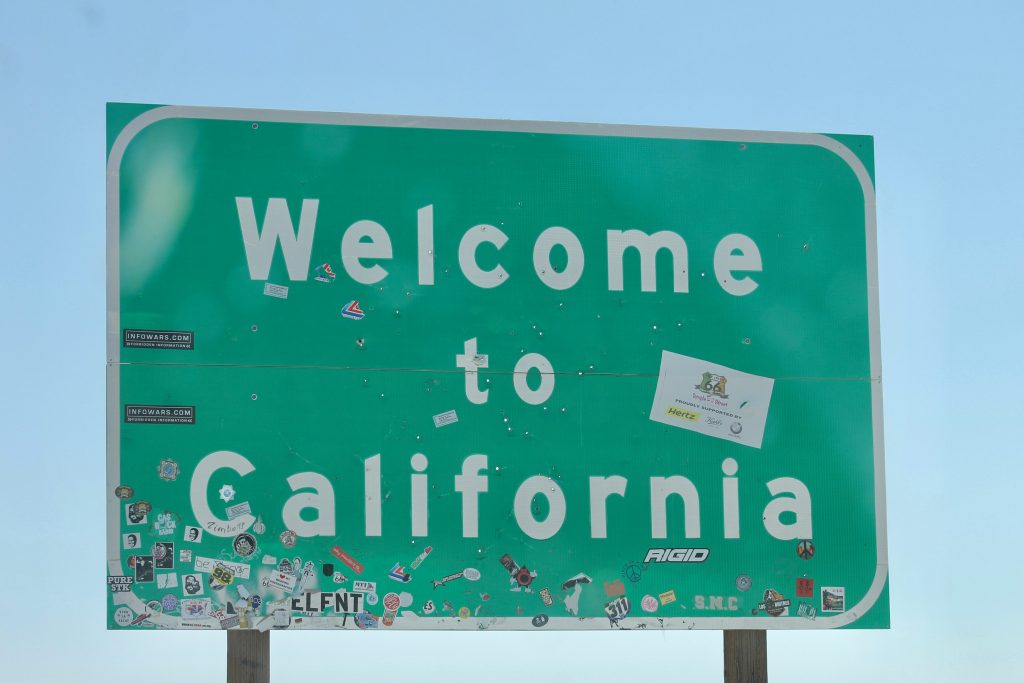Quick Summary:
- The meaning of California Sober differs from traditional sobriety and often includes the use of marijuana or psychedelics.
- This harm-reduction approach is controversial in the recovery community but is gaining attention for its flexible outlook.
- Being California Sober is not one-size-fits-all and may not be effective for individuals with severe substance use disorders.
- It may be helpful for some people to transition away from harder substances, but there are risks involved.
- Understanding your personal recovery needs is crucial when deciding if this approach aligns with your goals.
When someone says they are California Sober, it can leave others feeling confused, especially those familiar with traditional definitions of sobriety. In traditional recovery spaces, being sober generally means complete abstinence from all mind-altering substances, including alcohol, cannabis, and other drugs. However, the meaning of California Sober challenges that understanding by allowing for limited and intentional use of certain substances, usually marijuana or psychedelics, while avoiding more harmful drugs like opioids, cocaine, or alcohol.
This emerging lifestyle choice is becoming more commonly discussed, particularly among younger people, celebrities, and individuals who’ve had negative experiences with harder substances. But what exactly does it mean to be California Sober, and more importantly, is it an effective strategy for addiction recovery?
Let’s explore the details.
What Is the Meaning of California Sober?

The meaning of California Sober varies slightly depending on who you ask, but the general concept involves abstaining from substances considered highly addictive or destructive, such as heroin, methamphetamine, or alcohol, while still allowing the use of “less harmful” substances like marijuana or occasionally psychedelics.
For example, someone who is California Sober may no longer drink alcohol or use opioids but may still smoke cannabis socially or use microdoses of psilocybin as part of a wellness or mental health regimen. This form of sobriety is often viewed as a harm-reduction strategy rather than a rigid path of abstinence.
How Does California Sober Differ from Traditional Sobriety?
Traditional sobriety, especially as practiced in groups like Alcoholics Anonymous (AA) or Narcotics Anonymous (NA), involves complete abstinence from all substances that alter your mind or mood. These programs view any use of mind-altering substances as a risk for relapse and an obstacle to mental, emotional, and spiritual recovery.
By contrast, the California Sober lifestyle takes a more individualized approach, if some people can function healthily while still using cannabis or other “softer” substances. The goal is to reduce harm, rather than eliminate all mind-altering experiences.
This major difference can cause conflict or confusion in traditional recovery circles. While some see California Sober as a step toward freedom from addiction, others view it as a loophole or even a risk factor for future relapse.
Who Might Benefit from a California Sober Approach?
There are people who say they’ve found success in their recovery by taking the California Sober route. These individuals often struggled with harder drugs or alcohol and have chosen to use cannabis to cope with cravings, anxiety, or chronic pain.
This approach may appeal to:
- Individuals who experienced trauma or anxiety found traditional medications unhelpful or harmful.
- People who want to move away from dangerous substances but are not ready or willing to commit to total abstinence.
- Those interested in a more holistic or plant-based approach to wellness and healing.
However, even for those who see benefits, California Sober should be accompanied by professional support and a structured plan to avoid trading one addiction for another.
What Are the Risks of Being California Sober?
Although this approach may seem more flexible, it does come with significant risks. Many people who attempt to follow the California Sober lifestyle without support find themselves back in a cycle of addiction. Here’s why:
- Cross-addiction: Replacing one substance with another can still lead to addictive behaviors and dependence.
- Lack of structure: Traditional recovery programs offer community and accountability, which may be lacking in a California Sober path.
- False sense of control: People may believe they are “in control” simply because they’ve eliminated their most destructive drug, not realizing the brain is still vulnerable to triggers and compulsions.
- Mental health impacts: While marijuana or psychedelics might feel beneficial, short-term, long-term effects on anxiety, depression, or motivation can complicate recovery.
Before choosing this path, it’s important to evaluate your history with substance use and understand the nature of your addiction.
Is California Sober Effective for Everyone?
The effectiveness of the California Sober approach depends largely on the individual. For some people, especially those who were not physically dependent on substances or who used them casually, it might offer a way to avoid the dangerous spiral of heavy addiction.
But for individuals with severe substance use disorders, co-occurring mental health issues, or a long history of relapse, the risks may outweigh the potential benefits. In many cases, total abstinence remains the safest and most effective path to recovery.
It’s also worth noting that research on this approach is still evolving. Many experts caution against generalizing success stories, especially when they come from high-profile figures who have access to private medical care, therapy, and luxury treatment centers.
What Should You Do If You’re Considering a California Sober Lifestyle?
If you’re thinking about becoming California Sober, it’s critical to ask yourself a few questions:
- Am I honest about why I want to continue using certain substances?
- Do I have a history of abusing the substances I plan to keep in my life?
- Will this approach help me build the life I want, or is it a shortcut to avoid full recovery?
- Am I working with a therapist, counselor, or addiction specialist who understands this approach?
Before making any changes, speak to a healthcare provider, therapist, or addiction treatment professional who can help you assess your risks and goals.
Final Thoughts: Choose What Supports Your Long-Term Wellness
Ultimately, California Sober is not about black-and-white rules; it’s about finding what works for you. But finding what works for you also requires self-awareness, honesty, and often the guidance of professionals who understand addiction from both clinical and personal perspectives.
If you’re currently battling substance use or in early recovery, you may need more structure than what the California Sober lifestyle can provide. For many, real healing starts with a commitment to complete abstinence and the courage to rebuild your life from the ground up.
If you or your loved one is exploring recovery options, we’re here to help. Call CA Wellness Retreat at 888-245-5888 today to talk with someone who understands the unique paths to healing, including whether the California Sober lifestyle is right for you. Your future starts with the right support.









